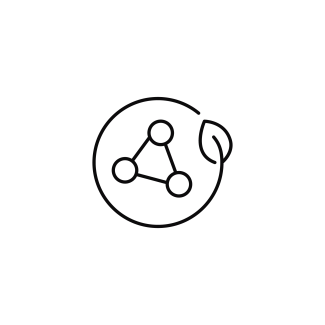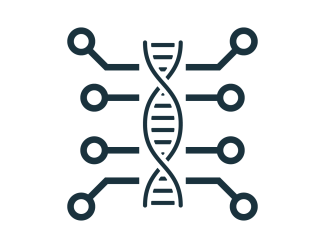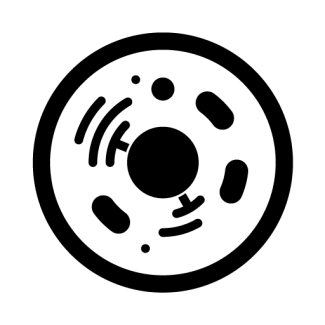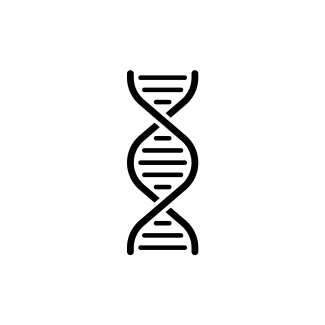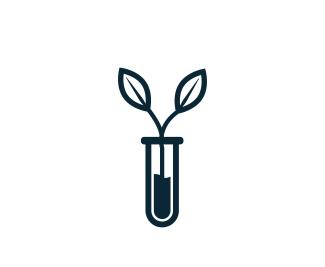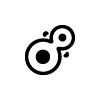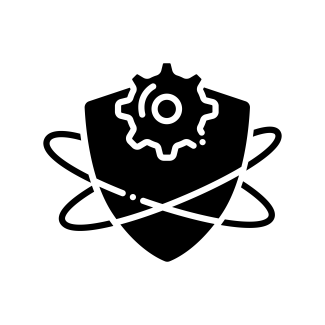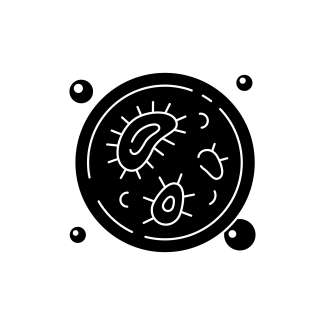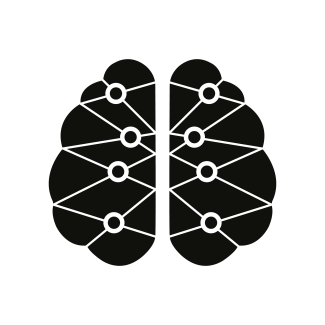
The Biology department is the most important of the UFR Sciences. It groups together all the disciplines of Life Sciences, thus offering a rich and diversified training. Its ambition is to provide excellent training in research through research and professional training towards the industrial world.
The department welcomes 2000 students in general bachelor's degree, professional bachelor's degree and master's degree, spread over the 4 AMU campuses (Montperrin, St-Jérôme, St-Charles and Luminy).
To ensure its training offer, the department includes more than 200 teaching and research staff, 9 IATSS, a dozen temporary teaching and research assistants (ATER) and more than 50 doctoral students in charge of teaching missions (cme doctoral students).
18 Joint Research Units, 4 Thematic Institutes, 2 Convergence Institutes, 1 University Research School and 1 Master's Degree in Engineering are associated with our department.
At the international level, the department is also in the forefront with the opening of a training offer (Bachelor's and Master's degrees) in Wuhan (China) and the dual AMU/la Sapienza diploma (Master's degree in Microbiology).
2500
Students
8
Masters
1
CMI
150
Teachers and Researchers
16
Laboratories
-
Licenses
Louis Pasteur portal:
Since the start of the 2018 academic year, the first year (L1) is carried out within one of the three licence portals. These lead, from the second year of the license, to different mentions.
The Life Sciences degree (SV) thus begins with the Louis Pasteur portal in L1, as do the Life Sciences (SVT), Health and Social Sciences (SSS) and Chemistry degrees. This portal allows students to consolidate the scientific foundations of their high school education and to present the diversity of disciplines and methods developed in the different fields and their courses. The students, leaving the Terminale S and who have difficulties in the scientific disciplines, have the possibility of carrying out a Prepare for Scientific Studies (PES) by carrying out their L1 in two years and by benefiting from a particular follow-up, and thus increasing their chance of success in first year. For non-scientific baccalaureate holders, another device to help them succeed is set up specifically for this public: the Year of Scientific Upgrading (AMNS).
The mention SV thus begins in L2 and continues in L3 with its differentiated courses.
-
Licence pro
-
Masters
- Master in Bioinformatics
- Master in Structural Biology, Genomics
- Master Immunology
- Master's Degree in Social Development and Intervention
- Master Microbiology
- Master Neurosciences
- Master of Science and Technology in Agriculture, Food and the Environment
- Master of Integrative Biology and Physiology
- Master 2 CCI
-
Doctorate
Doctoral school
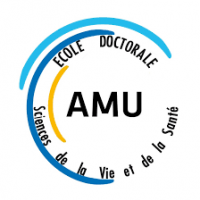 edsvs_image.png
edsvs_image.pngED 062 : School of Life and Health Sciences
PhD-Program
 logo-CENTURI-horizontal-azur.png
logo-CENTURI-horizontal-azur.pngThis PhD Program is for outstanding computer scientists, physicists or mathematicians with a project in theoretical and/or computational biology.
More information DIRCOM-Logo-Institut-SM01.png
DIRCOM-Logo-Institut-SM01.png DIRCOM-Logo-Institut-SM06.png
DIRCOM-Logo-Institut-SM06.pngThesis projects are interdisciplinary projects based on inter-laboratory collaboration and focused on the Institute's theme: exploring the diversity and functioning of the microbial world, at the molecular, cell and ecosystem levels, or through its close association with other organisms (plants, microbiota, etc.), with a view to developing innovative biotechnological solutions in the fields of renewable carbon sources for green chemistry and energy, the environment and health.
For more information DIRCOM-Logo-Institut-SM04.png
DIRCOM-Logo-Institut-SM04.pngThe Marseille Neuroscience Advanced School NEUROSCHOOL offers several PhD contracts:
- Doctoral fellowships for international students
- Doctoral fellowships for international co-supervision or co-direction
- PhD-for-MD grant
NeuroSchool's doctoral program finances a one-year thesis grant for interns, young physicians or pharmacy graduates wishing to devote one year to research in the framework of a thesis in neurosciences within a laboratory of Aix-Marseille University.
For more information -
Other diplomas
-
Distance learning
Biochemistry MOODLE
Distance learning website of biochemistry for L1 students
Self-corrected exercises of biochemistry corresponding to the UE1 "Molecules of the living". The site uses Bloom's taxonomy with knowledge tests, comprehension exercises and application exercises corresponding to the first three levels of Bloom. All the questions are corrected immediately and contain a feedback that allows the student a formative evaluation. Ideal to work alone on biochemistry at a distance. To have access to the course send a request by mail to letipidecochise@free.fr you will receive within 24 hours your login and password.
Author : Pr Jacques Baratti
MOOC of NEUROSCIENCES
- Cellular neurophysiology 1: How neurons communicate
How does the information circulate in our nervous system? How is the nerve impulse born, how does it travel along axons and how is it transmitted or not from one neuron to another? In this MOOC, you will master these basic principles of neuronal physiology.
Authors: Dr Constance Hammond and Dr Isabelle Virard
- Around the neurons : focus on myelin
How is myelin formed? What happens if it is damaged? In this MOOC, you will learn about specific glial cells: oligodendrocytes and Schwann cells, which produce the myelin sheath. You will learn where, when and how they are generated, and how they contribute to the proper functioning of the nervous system and its functional plasticity.
Authors: Dr Myriam Cayre; Dr Catherine Faivre-Sarailh; Dr Isabelle Virard and Fanny Trifilieff
-
Innovative pedagogy
"Writing in Science
In order to introduce students to scientific writing based on research work carried out by researchers in laboratories at the University of Aix-Marseillen, the microbiology teaching team has set up a new course entitled "Writing in Science" within the Master 2 in Microbiology (MIF).
The publishing phase was formative for the students who were able to discover the world of publishing and took advantage of the rigor associated with all forms of scientific writing and peer review.
This first series of publications (4 short stories on 16 pages) has just been published in the latest issue of Médecine/Sciences, which is available free of charge to all.
-
International
-
Continuing Education
-
Research laboratories associated with the Department
The Biology Department is the partner of several laboratories and research federations working on the major themes of Biology:
- Microbiology (click) and Immunology (click): from the environment to infectious diseases
- Structural Biology and Biochemistry (click): from the molecule to drugs
- Developmental Biology (click): from the cell to the organism
- Neuroscience (click): from mechanisms to therapeutic applications
- Genes and Genomes (click): from bioinformatics to decoding genetic information
- Plant Biology (click): from mechanisms to applications in the fields of bioenergy and agronomy
-
Thematic research institutes associated with the Department
The Department of Biology is a partner in 5 institutional institutes:
 DIRCOM-Logo-Institut-SM01.png
DIRCOM-Logo-Institut-SM01.png DIRCOM-Logo-Institut-SM07.png
DIRCOM-Logo-Institut-SM07.png DIRCOM-Logo-Institut-SM02.png
DIRCOM-Logo-Institut-SM02.png DIRCOM-Logo-Institut-SM06.png
DIRCOM-Logo-Institut-SM06.png DIRCOM-Logo-Institut-SM04.png
DIRCOM-Logo-Institut-SM04.png
-
Further studies
The students of the Licence SV are oriented :
- for a large majority towards the Masters of the biology department,
- other AMU health Masters
- Masters from other universities in France
- local (Polytech) or national engineering schools
- Grandes Ecoles (ENS)
After the second year of the Bachelor's degree, students can apply for professional degrees.
Some students enter professional life, in particular by taking competitive exams for the civil service (EPST (Public Scientific and Technological Establishment), Scientific Police, etc.).
After obtaining a Master's degree, students can prepare a doctoral thesis in the laboratories of the Biology Department in Life Sciences and Health, or in other universities in France, or even abroad.
-
Professional opportunities
The targeted sectors of activity are professions specialising in life sciences, biotechnologies, medical engineering, agri-food and the environment.
Depending on the degree, the opportunities are :
- after a general licence: assistant engineer in fundamental or applied research; technical manager of scientific studies; scientific animator; senior technician; commercial
- After a professional degree: technical-commercial relations, management and engineering, technical intervention in industrial analysis laboratories, food production equipment management ....
- After a master's degree: enter the world of work in the private or public sector as an engineer.
Contacts
The Department of Biology is located on the Saint-Charles campus
Building 7-Floor 2
For any information concerning the pedagogical organization of the courses and the administrative registrations, please contact the following services:
- Pedagogical service of the Life Sciences Licence
- Pedagogical service of the Life Sciences Masters
The pedagogical services are located on the different teaching sites
The practical work rooms are located on the sites of Luminy - Saint Charles - Saint Jérôme - Aix-Montperrin
Organization of the department
News
-
Dates of trade fairs and open days 01/09/2023 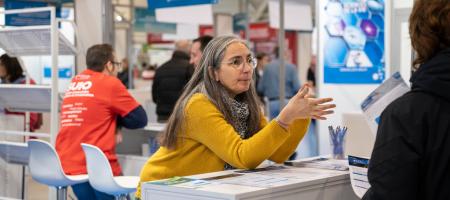 01/09/2023
01/09/2023Dates of trade fairs and open days
Come and talk to the teachers and students of the Faculty of Science!
